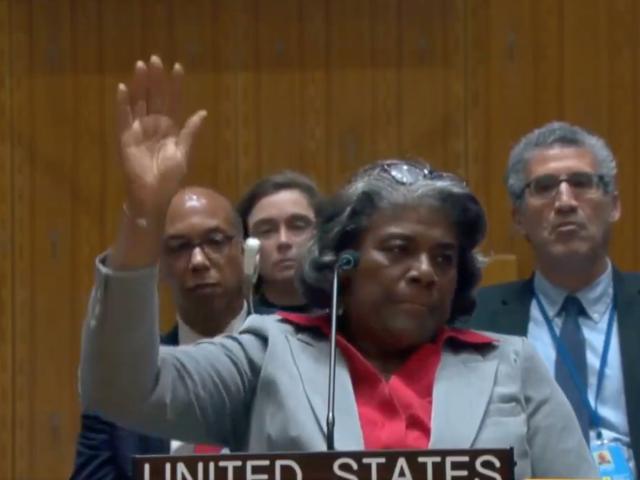In an unprecedented and dramatic turn of events, Israeli Prime Minister Benjamin Netanyahu has boldly cancelled what was to be a pivotal delegation to Washington, in a move that has sent shockwaves through the international community. This decision came on the heels of the United States' shocking refusal to veto a United Nations Security Council resolution demanding an immediate halt to hostilities in Gaza during the sacred Muslim month of Ramadan, marking a significant and controversial shift in the U.S.'s traditional stance.
Netanyahu's office released a scathing statement, lambasting the U.S. abstention as a blatant betrayal of longstanding mutual principles at the Security Council, effectively accusing the United States of deserting its unwavering support for Israel in its hour of need. The statement highlighted, with palpable disappointment and indignation, that the change in the U.S. position prompted Netanyahu to keep the delegation in Israel, in a clear sign of protest and disillusionment.
Hamas is praising the UN ceasefire resolution that doesn’t condemn the cowards and rapists who burned Jewish babies alive.
— Daniel Cohen (@DanielCohenTV) March 26, 2024
It doesn’t mention Hamas or Oct 7th and the Biden admin let it pass without a veto. Why?
The two-state solution.
The two states?
Michigan and Minnesota.
The Israeli delegation, which was poised to engage in critical discussions concerning the conflict in Gaza, found itself grounded. The stakes could not have been higher as Israeli forces were at the brink of advancing into Rafah, a southern Gaza city teeming with over a million Palestinian refugees caught in the crossfire.
The White House, caught off-guard by Israel's decision, expressed deep regret through national security spokesperson John Kirby, who lamented the missed opportunity for a comprehensive dialogue on viable peace strategies. Despite the presence of Israeli Defense Minister Yoav Gallant in Washington, set to meet with Defense Secretary Lloyd Austin, the rift between the Biden administration and Israel has only widened.
My take after today:
— Jonathan Schanzer (@JSchanzer) March 26, 2024
Biden appears prepared to allow Hamas to survive, after vowing to help Israel destroy the group post 10/7.
This may be the first result of the November elections
Voters will soon judge Biden for this.
History will do the same, and sooner than you think.
This rift has been exacerbated by the administration's perceived endorsement of the Hamas narrative, especially regarding the casualties of the conflict. The controversial U.N. resolution places undue blame on Israel, conspicuously omitting the genesis of the conflict, including the horrific October 7th invasion by Hamas, which led to the tragic loss of over 1,200 Israeli lives through acts of violence and terror, not to mention the ongoing agony of more than 140 hostages still languishing in Gaza.
Netanyahu's office condemned the resolution for emboldening Hamas with the prospect of international pressure facilitating a ceasefire without the liberation of Israeli hostages. This, despite the U.S. abstaining from the vote under the guise of supporting hostage release and a humanitarian ceasefire, has been seen as a stark deviation from a firm stance against Hamas and a disregard for the profound suffering of Gaza's civilians.
"In fact, by my analysis, Israel has implemented more precautions to prevent civilian harm than any military in history—above and beyond what international law requires and more than the U.S. did in its wars in Iraq and Afghanistan." @Newsweek https://t.co/9mXIC3WLGY
— John Spencer (@SpencerGuard) March 26, 2024
The Biden administration's abstention has been perceived as a critical misstep, a crossing of a red line previously outlined by Netanyahu, signaling a troubling departure from a unified front against terrorism. The resolution's passage, amid escalating tensions between the U.S. and Israel, has stirred concerns over the durability of their longstanding alliance, especially in light of Biden's humanitarian worries about Gaza.
This episode marks a pivotal moment, highlighting the complex and fraught dynamics of international diplomacy, the intricacies of the Israeli-Palestinian conflict, and the delicate balance of global power relations, as the world watches with bated breath.


